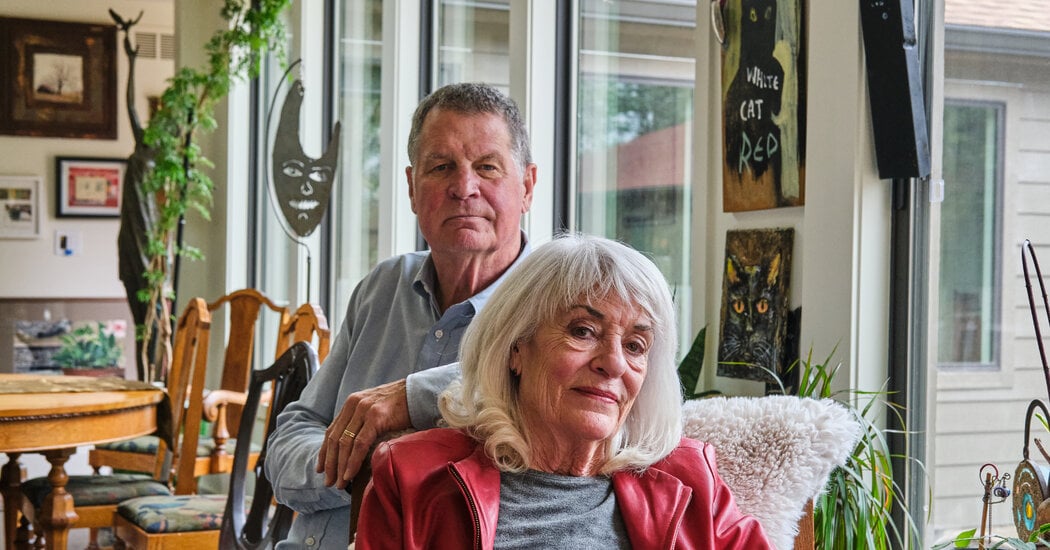It may be mostly trivial and uncommon but it still happens. Had a friend in grad school who got "evicted" from their duplex because the landlord was moving and decided to sell the property to a family instead of continue renting. They were pretty upset about having to move since they'd been there for years, but didn't want to buy. Obviously that's more of an issue with renting a house than an apartment but the point is that this isn't something that one needs to worry about if they buy. For those who prefer a downtown/apartment-like lifestyle plenty of places have condos available to purchase.
Eh, some of this is fair but some of it doesn't apply to physicians. Down payments aren't necessary and physician loans often come at a lower interest rate than standard loans (ours was about 0.6-0.8% lower than the standard 30 year fixed at the time). The point of sunk costs with interest payments is fair, but if you live somewhere with lower COL or get a cheaper home you can overpay and dramatically cut down those costs. I did the math for our own mortgage at one point and by paying an extra $500/mo on a ~3k/mo mortgage for 10 years it'll directly save us ~350k in interest on a ~$550k home (gross payment over the course of the loan would drop by about 25%). Sure, we could have done a down payment, but instead have invested what would have been that down payment. So after 30 years we'll have our house + the earnings from investing the down payment - the interest payments instead of just having paid $1.08mil over 30 years into renting. As physicians we get a huge leg up here compared to the average buyer like the article talks about.
Yes, there are costs to maintaining a home, and if you buy an older home or "fixer upper" then the costs can be far more significant. That's part of being an educated buyer though and some of those can be negated through the buying process. We got a new roof put on our house at no cost to us before purchasing through some negotiations. That's a cost we shouldn't have to worry about for 20+ years unless there's damage.
On the flip side, you may not have to pay for major maintenance or some upkeep with renting, but there's still hidden costs. We bought our house during an October and our lease on our rental went through the following April. Sounds dumb, but we were showing the rental to get out early. We left for holiday in December and came back to a burst line in the freezer that leaked for likely most of the week and destroyed 2 floors. House was unlivable and the rental company/landlords who had previously been great were suddenly terrible. We dealt with them for literally 2+ months trying to get everything straightened out before we threatened to get lawyers involved and they retroactively cancelled our for January onward. If we had still been living there it would have been a nightmare living out of a hotel and probably putting it all on our credit cards and paying while trying to get an unresponsive rental company to work with us. Yes, the same can happen when you buy, but I've found homeowners insurance to be far more reliable and responsive than landlords and rental companies (I had also previously had to sue a prior landlord in grad school for breach of contract). When you own you also don't have to worry about landlords or agencies coming into your dwelling while you're away, which is another issue I've dealt with despite the lease saying landlord would not enter premises without 24 hour notice.
Regardless, renting is "throwing away money" either way. Money is also "thrown away" when owning a home, but at least you're also building equity. People buying homes just don't always understand full costs or what to look for and can end up "throwing away" more than if they'd just rented. Sure, sometimes renting is the right option, I won't argue that at all. But there's a huge difference between physicians and average homebuyers as well as right and very wrong ways to become a homeowner.
TL;DR Renting isn't always bad, but it is 100% sunk money. At least with buying you get equity out of it, you just have to be educated and thoughtful about purchasing and being a homeowner.


